 An Open Letter to University Presidents
An Open Letter to University Presidents
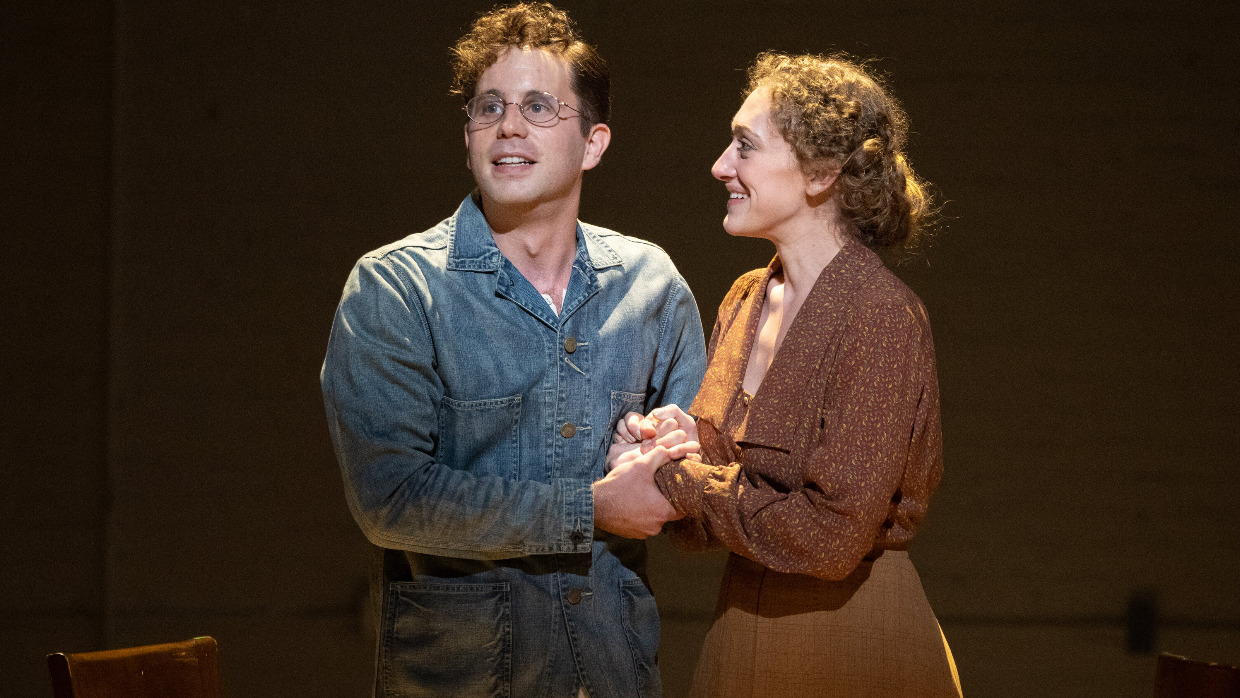

6 min read
Robin Gorman Newman, a three-time Tony-nominated producer, is creating art that makes a difference.
Though you might not think the lynching of a Jewish man wrongly convicted of murder in 1915 Georgia a great theme for an uplifting Broadway musical, you’d be mistaken. The revival of Parade has received rave reviews and has been nominated for six Tonys. It’s also garnered a Tony nomination for Jewish co-producer Robin Gorman Newman.
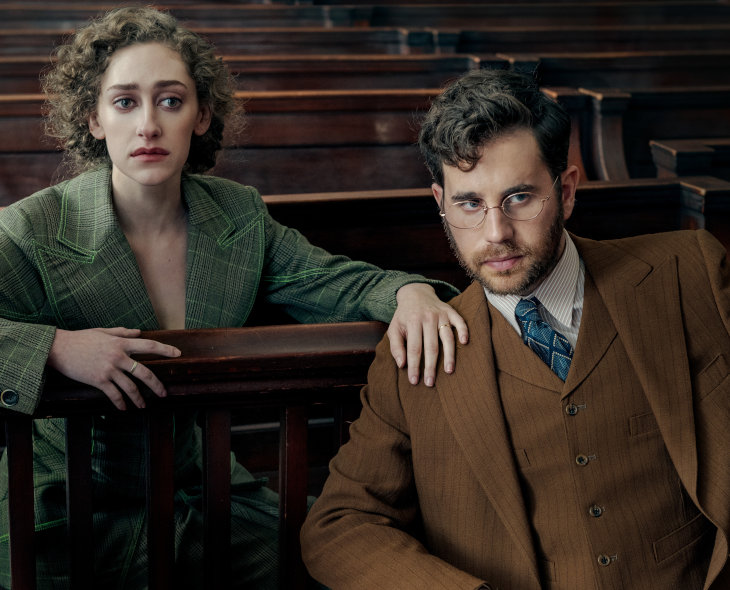 Ben Platt plays Leo Frank, and Micaela Diamond plays his wife Lucille
Ben Platt plays Leo Frank, and Micaela Diamond plays his wife Lucille
The two Jewish stars of the show (both nominated for their performances) are Tony, Grammy, and Emmy Award-winning Jewish actor Ben Platt (Dear Evan Hansen) as Leo Frank, and Jewish actress Micaela Diamond (The Cher Show) who plays his wife Lucille. In a time of rising antisemitism, Gorman Newman said that a show with this theme seems more crucial than ever.
At the show’s first preview in February, a neo-Nazi group spreading antisemitic rhetoric rallied outside of the theater. “I was there with my son, and we were greeted by a troop of neo-Nazis outside the theater who were picketing,” Robin Gorman Newman, one of the co-producers of Parade, told Aish in an exclusive interview. Describing her shock at seeing a group with swastikas as part of their logo outside the theater, Gorman Newman said it felt like a white supremacist recruitment effort to her. “They were handing out flyers. They were also spouting false facts about the Leo Frank case and trying to make a case against people supporting Parade.”
Gorman Newman said it felt like “coming face to face with evil,” an experience she said she never had before. “We didn’t know how far they would go. Are they going to be there the entire time? Are they going to come into the show?” The police were standing by the entire time. “There was no violence and because there’s freedom of speech they were allowed to spout their rhetoric.”
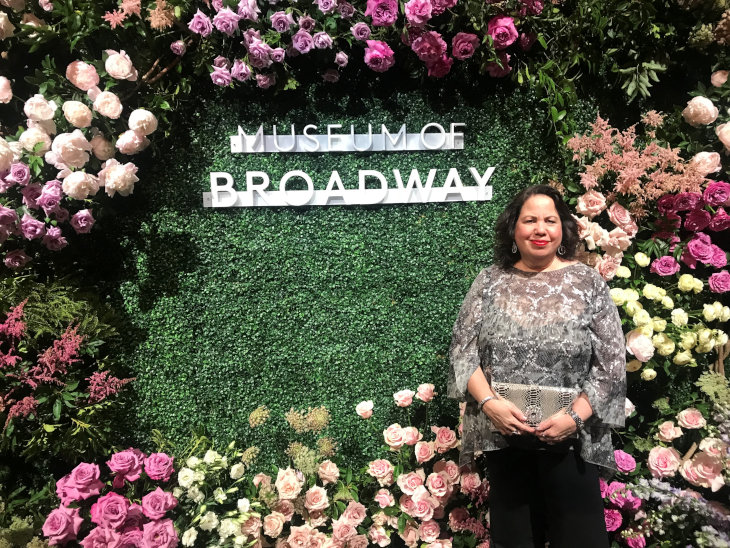 Broadway producer Robin Gorman Newman
Broadway producer Robin Gorman Newman
After the incident, Platt shared a video on Instagram and said “It was definitely very ugly and scary, but a wonderful reminder of why we’re telling this particular story, and how special and powerful art and particularly theater can be.” In a strange way, the awful incident also motivated people to be even more committed to supporting the show as a way of combatting everyday antisemitism.
“I think it was something that united people even more,” Gorman Newman said. “Not only is Parade a beautiful work of theatrical art, but we all also recognize the vital messaging as it we stand as a team to represent this against neo-Nazis.” It was that sense of fighting injustice with positive messaging that inspired Gorman Newman to become actively involved in the production.
Gorman Newman is a lifelong fan of theater and originally became involved with the production after seeing Parade when it was in preview at New York City Center. She originally went to see the show because she was a huge fan of the lead actors. After the show, Gorman Newman was rendered speechless. “I have never been as moved by any production. I audibly gasped at the show,” she said. “I did not know the story. I was devastated. I couldn’t speak for 5-10 minutes. I said to my husband if the show transfers to Broadway, I absolutely want to be part of it.”
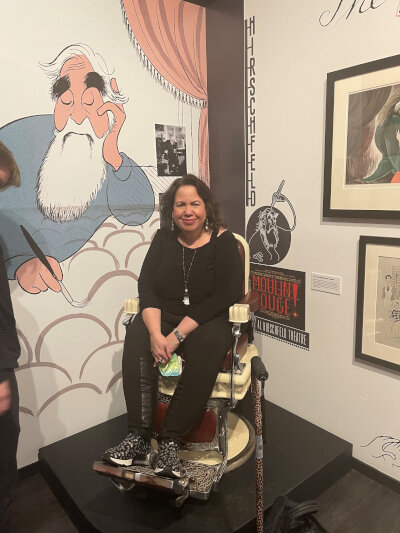
Gorman Newman already had a strong history as a co-producer of Broadway productions. She was previously nominated for a Tony for Natasha, Pierre & The Great Comet of 1812, starring Josh Groban and based on part eight of Leo Tolstoy’s War and Peace. She’s also currently nominated for a Tony as co-producer of Fat Ham, but it was the Jewish messaging and exploration of antisemitism that made her eager to become involved with the production of Parade.
After seeing the show in previews, Gorman Newman reached out to the lead producers. She said to them, “I don’t know what your plans are. I don’t know if you have any, but I need to do this.” Gorman Newman doesn’t see Parade exclusively as a tragic tale. “For me at its core it’s a love story. And it’s empowering. It’s also a strong story of a woman finding her voice in a hideous scenario her husband went through. I see that as beautiful,” she said.
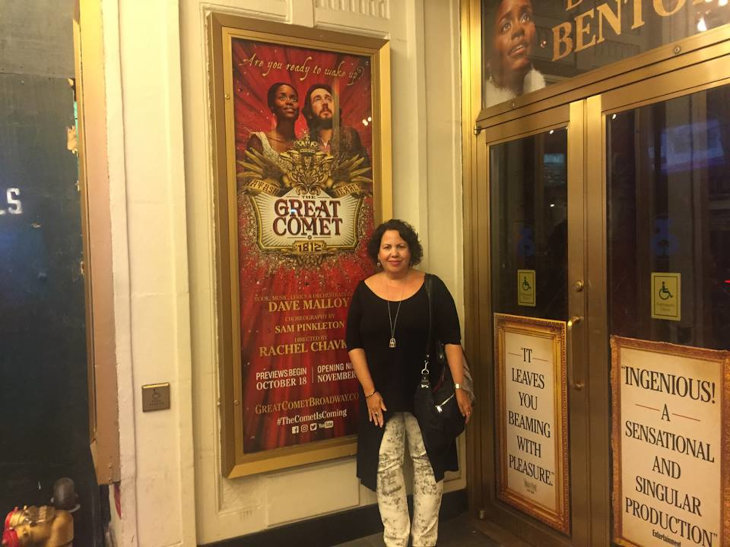
When asked if she finds the end of the story depressing or a downer, Gorman Newman said “It’s a call to action. The ADL was launched because of the Leo Frank story.”
Gorman Newman said that making a difference starts with awareness and recognizing that evil still exists, that it’s real. “It’s not just when you see something on TV, and you feel removed from it or think it’s not happening in your backyard. This was in our backyard when the neo-Nazis showed up.”
She also believes that there are different ways to show your support. “I believe theater has the ability to change lives. In this instance, buying tickets shows that you are against neo-Nazis. A show like this deserves to be on Broadway, it’s wonderful and it’s funny. It’s the truth and the truth can hurt. But antisemitism hurts too.”
But the Leo Frank story wasn’t just about antisemitism, it’s also about discrimination. Gorman Newman said, “Before the murder gets pinned on Leo Frank, a person of color gets questioned. But they chose a Jew to blame. The relevance is not just for the Jewish community. It’s for the world because anyone can be a victim of discrimination.”
Gorman Newman is currently vice president of the board of New York Theatre Barn, a nonprofit incubator of musicals in early development with an eye to diversity. “No show starts on Broadway,” she said. “It’s really important to offer a platform to new works so they can be developed.”
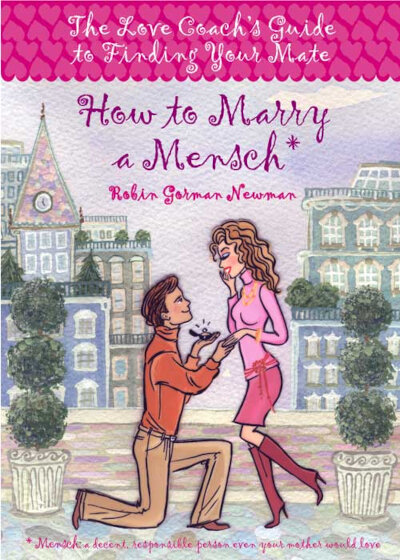
Currently in development for Gorman Newman is the adaption of her book How to Marry a Mensch (working title Mensch). “It’s going to be a musical, starting Off-Broadway,” she said. “If it’s meant for Broadway then fantastic, but I’m not of the mind that everything belongs on Broadway.” When asked why this show and why now, Gorman Newman said “The world needs more mensches. Our messaging feels important now.”
More than that, she says to ask yourself, “How are you showing up in the world? What you put out is what you attract. Now more than ever we’ve learned throughout the pandemic that we’re all in this world together. Being a mensch is really vital. And you don’t have to be Jewish to be a mensch.”
